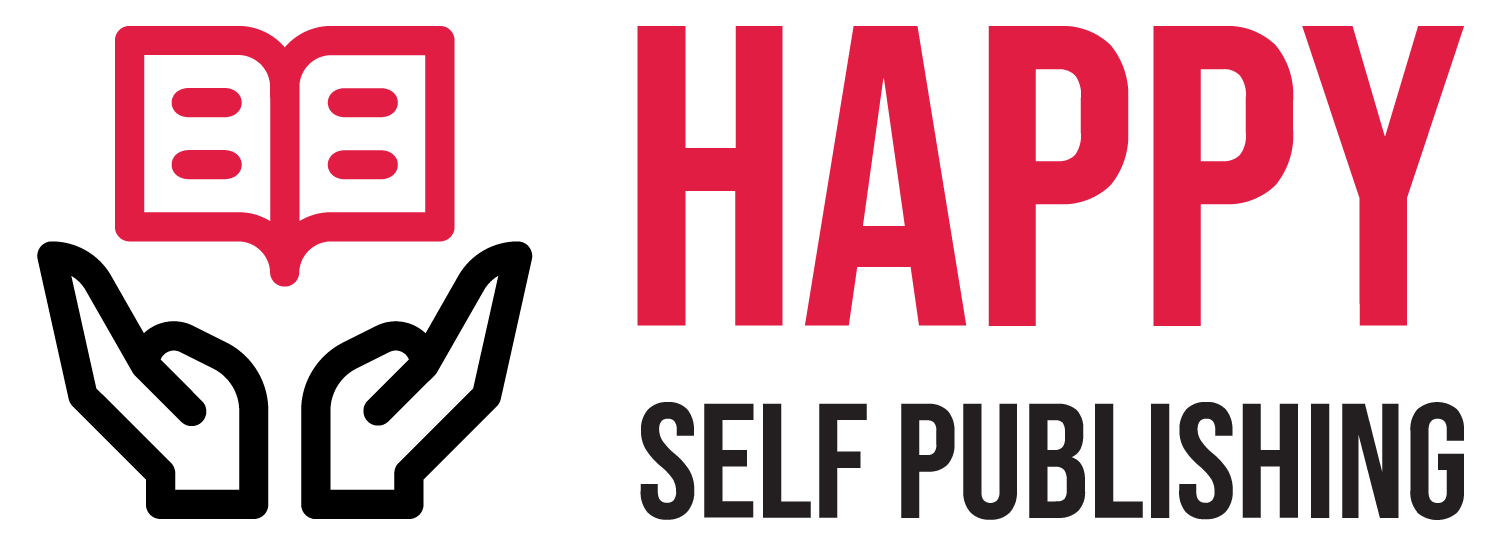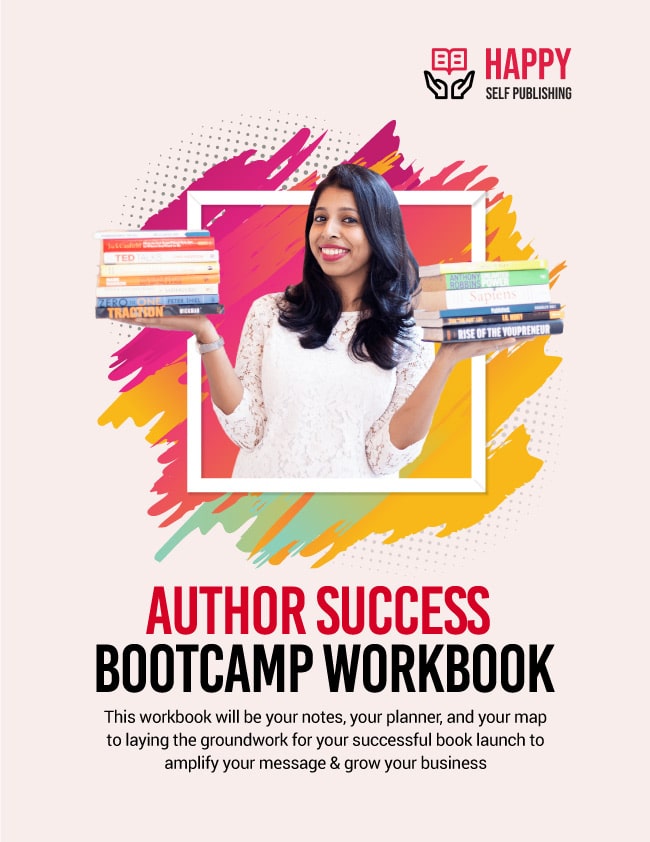The title is the first piece of information someone gets about your book, and it often forms the reader’s judgment about your book. The title is the first thing the reader sees or hears about your book—even before the cover in most cases—and getting it right is possibly the most important single book marketing decision you’ll make (even though most people don’t think about it as marketing). Let’s be clear about this: A good title won’t make your book do well. But a bad title will almost certainly prevent it from doing well.
We think of authors as masters of words. Yet dozens of authors have the feeling that they are inadequate… that they feel at a loss for words when it comes to nailing a great title and subtitle for their non-fiction book.
Creating a great title and subtitle for a non-fiction book is a real talented art. It’s common to spend hours together to tease and squeeze the title and subtitle out into the open. The perfect words almost always come from something they say randomly and spontaneously. Try to listen very carefully, taking lots of notes, and then play around with the rhythm and sound of the words until something just ‘hits’. When you get it right, the response from the client is truly rewarding. That’s when you know the title is a winner.
The 5 Attributes of a Good Book Title
A good title should have all of these attributes:
- Attention Grabbing
- Memorable
- Informative (gives idea of what book is about)
- Easy to say
- Not embarrassing or problematic for someone to say aloud to their friends
A great title not only defines your audience; but also YOU, the author. It’s important to get your title right as early as possible in the writing process because a great title isn’t just something for the cover of the book; it can often GIVE you the shape of the book and bring cohesion to the subject. An effective non-fiction title has two equally important components: the title and the subtitle. Let’s look at each of them in turn.
The Title of Your Book Should be a Head-Turner
- It should contain the ‘brand’, the USP (unique selling point) or the paradigm of the book.
- It should be able to ‘hook’ the mind of the reader so they cannot confuse it with other book titles.
- It should not contain words that are too vague or too common or whose meaning could just as easily refer to something completely different.
Your book title has to have that ‘stickiness’ so it stays with the reader and identifies this book as unique amongst all other books and something that is not weak. Weak titles are those that are so vague or common that they don’t really identify the book as a unique entity. Your title needs to be memorable to the potential reader. If they don’t remember it, they won’t be able to find it in order to buy it.
The Subtitle of Your Book Should be the Premise
- It should tell the reader exactly WHAT your book is about.
- If possible, it should tell the reader WHO the book is for.
- It should contain KEYWORDS that will appear in searches if people are looking for a particular topic.
In choosing your subtitle, avoid clichés, overused jargon, and beating around the bush language. The subtitle needs to be substantive and clear and should contain all the information the reader needs in order to decide whether or not they want to look inside your book. ‘Looking inside’ could include actually leafing through the book, downloading a sample chapter, reading reviews, product description or perhaps even your author biography. A great subtitle is an invitation for readers to step in and check out ‘the promise’ of what they will find inside. This is the least crucial aspect for fiction books, but very important for non-fiction. The title, including the subtitle, should give the reader some sort of idea of what the book is about.
People aren’t going to do your work for you; the easier you make it on them to understand the subject, the more likely you are to draw in the people who could find your book interesting
Closing Thoughts
The title of your non-fiction book contributes greatly to its success or failure. A great title can become the foundation of a long-term brand that underpins everything you do, speak about or represent.
Never rush through the process or ‘settle’ on a title just because you cannot come up with anything better. Just as you wouldn’t dream of giving your newborn child some throw-away name, don’t be nonchalant about choosing your title.
As mentioned at the beginning of this article, although gifted with words, many authors find it difficult to tease out a great title on their own. Often they are too immersed in the subject matter to be able to take a ‘meta view’ of what they are creating. They also jump directly into their left-brain by ‘trying’ to think of a title, rather than allowing one to reveal itself from the cosmic soup of Creation. They also may not understand the impact their title or subtitle has upon their reading audience (or they may not know enough about who that audience is).
The bottom line about book titles is this:
Your title is the MOST important ‘marketing tool’ for your book.
Get it wrong, and everything else will suffer.
Get it right, and everything else will become easy.
Gaining clarity about your USP, your brand, your ‘promise’, your audience and your key message is absolutely essential before the ‘perfect’ title will emerge. This clarity already lies within you, whether you are aware of it or not. If you find it difficult to tap into that clarity on your own, working with a good book coach can often help.







